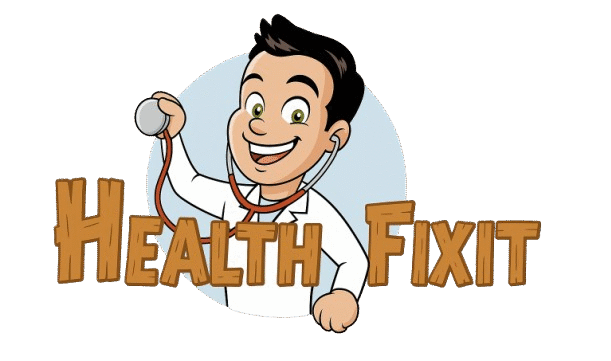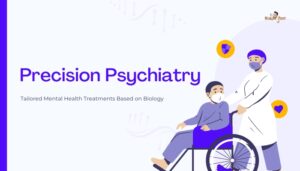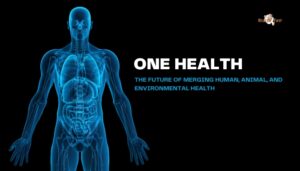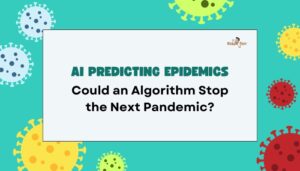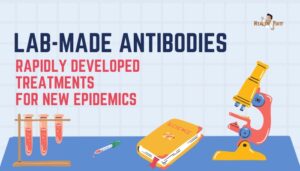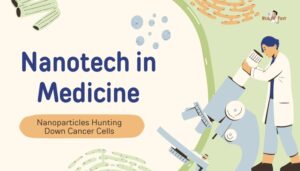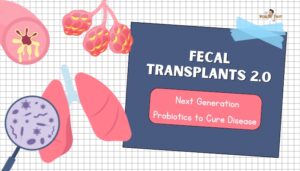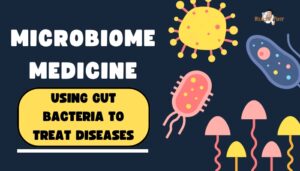Precision Psychiatry: Tailored Mental Health Treatments Based on Biology
Introduction Mental health disorders often involve a complex interplay of genetic, environmental, and biological factors. Traditional psychiatry frequently uses the same drug or therapy protocols for broad categories of patients—sometimes effective, but other times producing underwhelming results or side effects....
Read MoreClimate Change and Health: Preparing Medicine for New Disease Patterns
Introduction Global warming is more than a problem for polar ice caps or coastal cities; it also profoundly impacts human health. Changing climate factors—from heat waves and floods to shifting insect habitats—drive the spread of infectious diseases aggravate respiratory conditions,...
Read MoreOne Health: The Future of Merging Human, Animal, and Environmental Health
Introduction In an interconnected world, human health does not exist in isolation. One Health recognizes that humans, animals, and the environment share a complex web of interactions, and improving health in one domain often benefits the others. This holistic concept...
Read MoreGlobal Genomic Surveillance: Tracking Viruses in Real Time Worldwide
Introduction From HIV to COVID-19, new viral threats continually challenge global health. An essential tool in modern public health is genomic surveillance—tracking viruses by regularly sequencing their genomes in real time . These efforts help detect new variants, monitor transmission...
Read MoreAI Predicting Epidemics: Could an Algorithm Stop the Next Pandemic?
Introduction Disease outbreaks, such as the H1N1 swine flu or COVID-19, can spread rapidly across continents in an interconnected world. Policymakers often scramble to implement travel restrictions, quarantine measures, or contact tracing, but by the time symptoms appear, it may...
Read MoreLab-Made Antibodies: Rapidly Developed Treatments for New Epidemics
Introduction In fighting infectious diseases, antibodies are a key part of our immune arsenal. Over the past decades, scientists have learned to replicate and engineer these proteins in the lab, producing monoclonal antibodies (mAbs) that specifically bind to pathogens and...
Read MoreNanotech in Medicine: Nanoparticles Hunting Down Cancer Cells
Introduction One of the biggest challenges in oncology is delivering potent anti-cancer drugs directly to tumor cells while sparing healthy tissues . Nanotechnology offers an innovative solution. By engineering nanoparticles that selectively bind to cancer cells or release therapeutic agents...
Read MorePhage Therapy: Using Viruses to Defeat Antibiotic-Resistant Bacteria
Introduction Antibiotic resistance is a growing global crisis, jeopardizing our ability to treat common infections and secure safe medical procedures. As bacteria evolve to evade standard drugs, scientists are reviving an age-old approach: bacteriophages , or phages—viruses that specifically target...
Read MoreFecal Transplants 2.0: Next Generation Probiotics to Cure Disease
Introduction For decades, fecal microbiota transplantation (FMT)—transferring stool from a healthy donor to a recipient—has helped combat stubborn gut infections like Clostridioides difficile (C. diff). Its success has sparked a new wave of interest in microbiome-based therapies, often dubbed "Fecal...
Read MoreMicrobiome Medicine: Using Gut Bacteria to Treat Diseases
Introduction We increasingly understand that the human microbiome—the trillions of bacteria, viruses, and other microbes living in our intestines—plays a pivotal role in our well-being . From digestion to immune regulation, these microorganisms orchestrate essential bodily functions. An imbalance in...
Read More